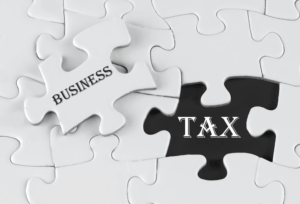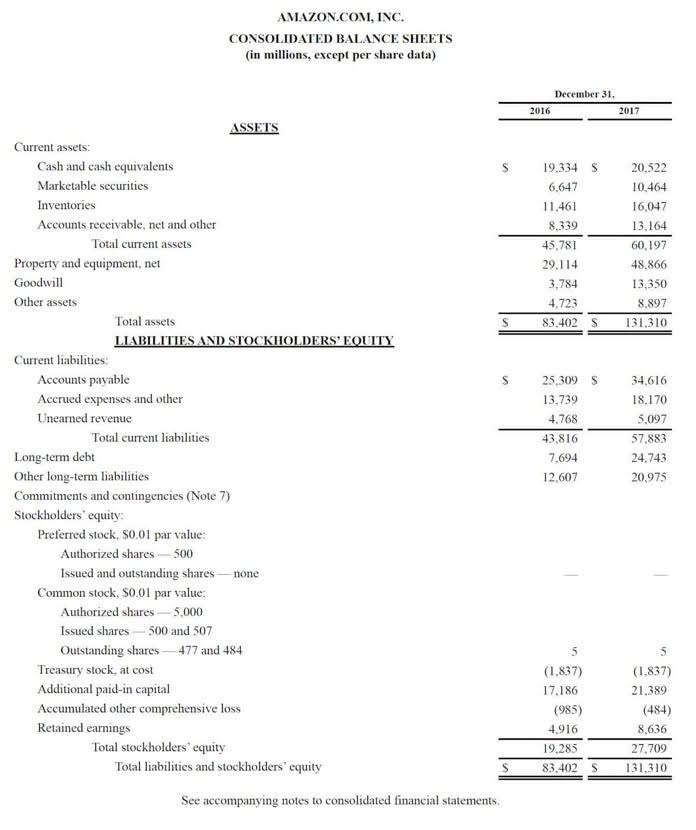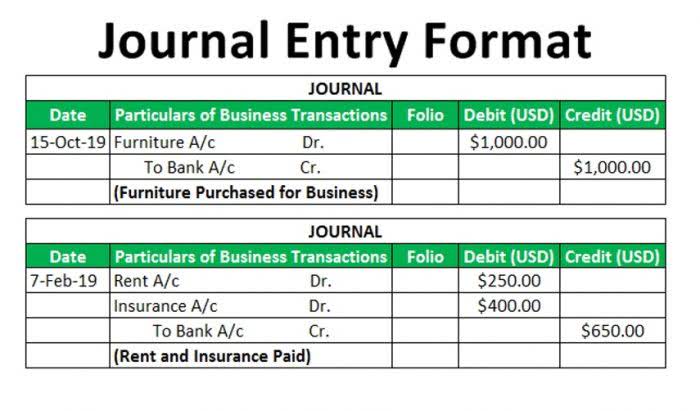
It’s basically a list of what revenue is coming in and what (if anything) is being spent. In the early days, business owners and bookkeepers relied on simple tools like abacuses and physical ledgers. This method was time-consuming but necessary for maintaining accurate records. A bookkeeper lays the foundation for accounting by ensuring that all financial transactions are accounted for. This allows business owners and their accountants to see at a glance how much money is entering and leaving the business. The bookkeeping world is about to get even better for business owners.

Get More From Accounting for Everyone With Weekly Updates
A small business can likely do all its own bookkeeping using accounting software. Many of the operations are automated in the software, making it easy to get accurate debits retained earnings and credits entered. If you find that you have a talent for and enjoy the process, you may consider starting your own bookkeeping business providing this service to others. There’s always a demand for experienced, efficient bookkeepers in nearly every industry.
Crafting Your Exit Planning: Strategies to Maximize Business Value

If you law firm chart of accounts aren’t a qualified bookkeeper, ask your accountant for some advice. They’ll also be able to help you set up a system which you can actually use and understand, if you’re doing it yourself. There are two primary methods and each has its advantages and is suited for different types of businesses. Financial transactions are the individual entries that reflect the economic activity of the business. This content has been made available for informational purposes only.

If you have any questions about our services please call us on 020
Each transaction involves a debit entry in one account and a corresponding credit entry in another, ensuring the books are always balanced. Bookkeeping is an indispensable aspect of financial management, ensuring precise records are kept for all transactions. This foundational mechanism supports business operations and informs strategic decisions. Bookkeepers offer support to several bookkeeping and payroll services organizations, including small businesses, nonprofits, and corporations. They are vital to managing a business’s finances by documenting transactions, generating reports, and assisting with accounting efforts.

What are the primary responsibilities of a bookkeeper?
- At Future Proof Accounting, we’re not just your bookkeepers – we’re your partners in prosperity.
- Single-entry bookkeeping is a straightforward accounting method, where each financial transaction is recorded as a single entry in a ledger.
- You don’t need a CPA to keep your books in line but, if you’re aiming to enhance your credibility and competence in bookkeeping, acquiring some professional certifications can be a smart move.
- If you’re interested in a career as a bookkeeper, consider taking a cost-effective, flexible course through Coursera.
- The skills needed to become a successful bookkeeper are often acquired through working in a career in the finance industry or even by balancing your personal budgets.
Having a comprehensive overview of how your business or self-employment is faring financially can be very helpful. However, it’s worth remembering that even sole traders are subject to inspections from HMRC. Maintaining high standards of bookkeeping as standard best practice can be a life-saver in the event of you being audited. Here are some common bookkeeping mistakes and how you can avoid them.
- Overall, investing in certification shows a commitment to professional development and can set you apart from others in the field.
- With financial transactions properly recorded, bookkeepers can then prepare key financial statements.
- This business also spends £15,000 per month on regular expenses (e.g. employee salaries); these outgoings are recorded by the bookkeeper as debits.
- That way you can plan what you need money for, and when (a process also known as cash flow management).
In a single-entry system, only one side of the financial transaction gets recorded. It’s simple and best suited for small businesses or freelancers who have minimal transactions. If you’re bigger than that, get ready for double-entry bookkeeping. Keeping your financial records up-to-date helps you keep track of any money you owe (or are owed which will help with credit control) and spot areas where you could save. Double entry is leveled up and is best tracked in accounting software.
- Additionally, poor bookkeeping can cause tax compliance errors, potentially attracting penalties and audits from tax authorities.
- This process enables you to set attainable financial goals and make informed decisions to steer your business in the right direction.
- The accuracy of this process is crucial as it affects the financial statements of the business.
- Accounting builds on the information provided by bookkeeping, using it to analyze costs, assess a business’s financial health and make financial forecasts.
- If you “sell” a hat to someone but accept an IOU in place of immediate payment, these systems differ.
- Bookkeeping is often confused with accounting, but they are two distinct processes.
The need to record and track transactions gave birth to this practice. Choosing the best bookkeeping software for a small business isn’t one-size-fits-all, since each company has unique needs. Bookkeepers reconcile all balance sheet accounts to ensure that amounts included in each account are valid, and that all revenues and expenses are accounted for. Making sure your bookkeeping is as current as possible helps avoid confusion or errors later on. If you’re not going to outsource your bookkeeping (or get someone in-house), shop around for bookkeeping software which will help you stay up-to-date. Your records will generally show every transaction that happens in the business.
Keeping well-organized records ensures that you have the necessary documentation for accurate financial reporting and tax compliance. Think of single-entry like tracking your income and expenses in a spreadsheet. You’re only tracking cash in and out, but aren’t tracking your checking account and credit card balances.


